Spice Up Your Life: 7 Wildly Unexpected Spice Pairings for Homemade Hotdog Chili
Let’s face it — a classic hotdog without chili is like a burger without cheese. It’s edible, but why settle for less? If you're tired of the same-old chili topping on your dogs, this guide is for you.
In this post, we’re taking homemade hotdog chili to the next level by exploring innovative spice pairings that will not only impress your taste buds but also make your backyard BBQ the talk of the town. Grab your apron, your favorite spices, and let’s dive into some serious flavor experimentation!
Table of Contents
- The Art of Making Homemade Hotdog Chili
- Top 7 Innovative Spice Pairings for Chili
- Pro Tips & Tricks for Perfect Chili Every Time
- The Science Behind Great Spice Combinations
- Conclusion: Elevate Your Dog Game

The Art of Making Homemade Hotdog Chili
Making chili at home might seem intimidating, but once you get the hang of it, it’s like riding a bike — only tastier and messier. The base is usually ground beef, tomato sauce or paste, beans (optional), and of course, a blend of spices that bring everything together.
The Basic Ingredients:
- Ground beef or plant-based alternative
- Onion, garlic
- Tomato sauce or crushed tomatoes
- Canned kidney beans (or omit if preferred)
- Beef broth or water
- Salt and pepper
Now, here’s where most folks stop — and that’s a tragedy. The real magic lies in the spices. So instead of sticking with the usual suspects (we see you, paprika and cumin), let’s take a detour into the world of bold and unusual flavor pairings.
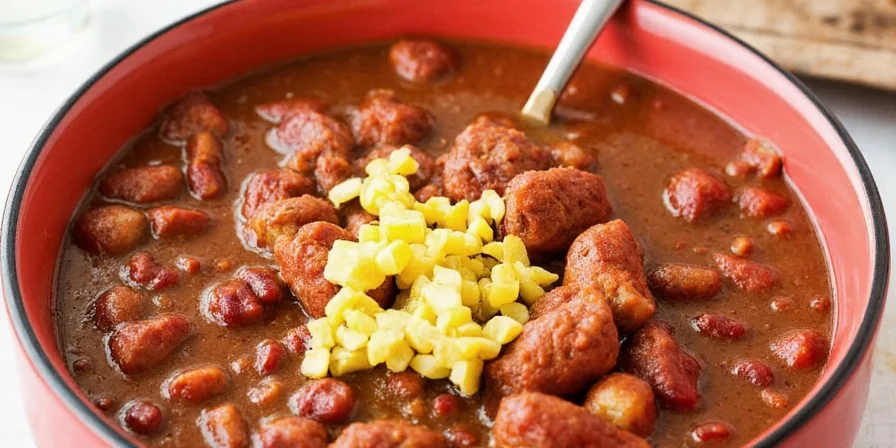
Top 7 Innovative Spice Pairings for Chili
Gone are the days when chili meant just cumin and chili powder. We’ve done the research (and tasted every version known to mankind) to bring you the most unexpected yet delicious spice combinations for your homemade hotdog chili.
1. Smoked Paprika + Cocoa Powder
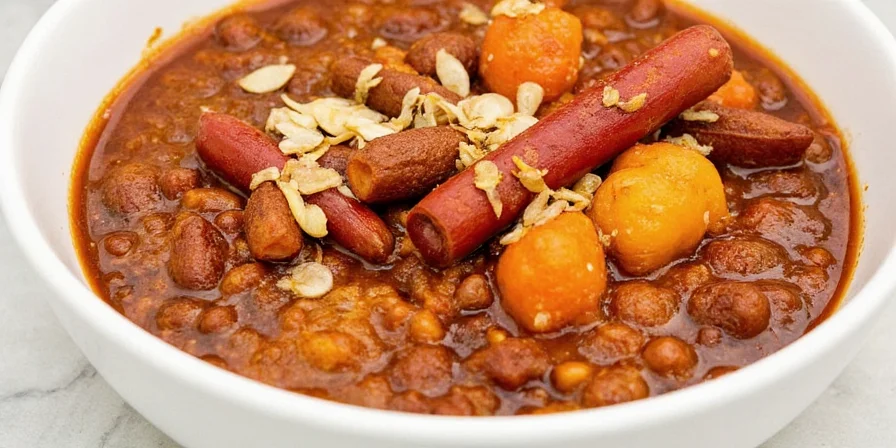
This dark horse duo adds depth and richness to your chili, reminiscent of Mexican mole sauces. The smoky warmth of paprika complements the earthy bitterness of cocoa perfectly.
- Pro Tip: Use unsweetened cocoa powder and add sparingly — start with ½ tsp and adjust to taste.
2. Cinnamon + Espresso Powder
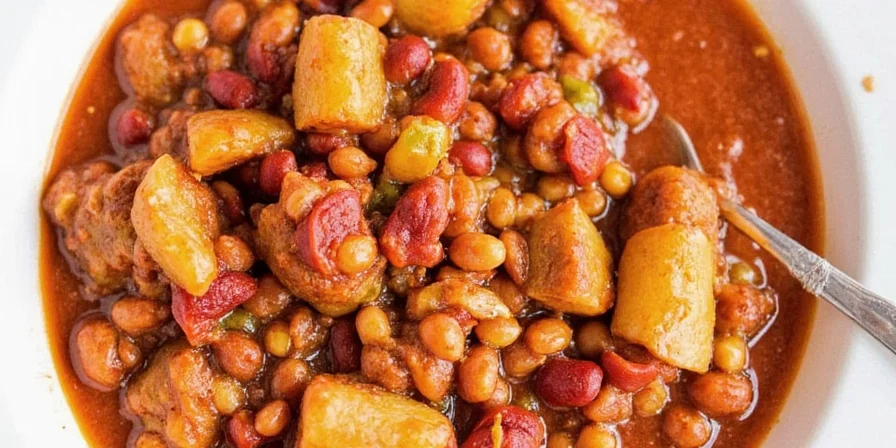
Yes, really! A dash of cinnamon and a tiny bit of instant espresso powder enhance the meatiness of the beef and balance the acidity of the tomatoes.
- Pro Tip: Add ¼ tsp of each near the end of cooking for best results.
3. Garam Masala + Turmeric
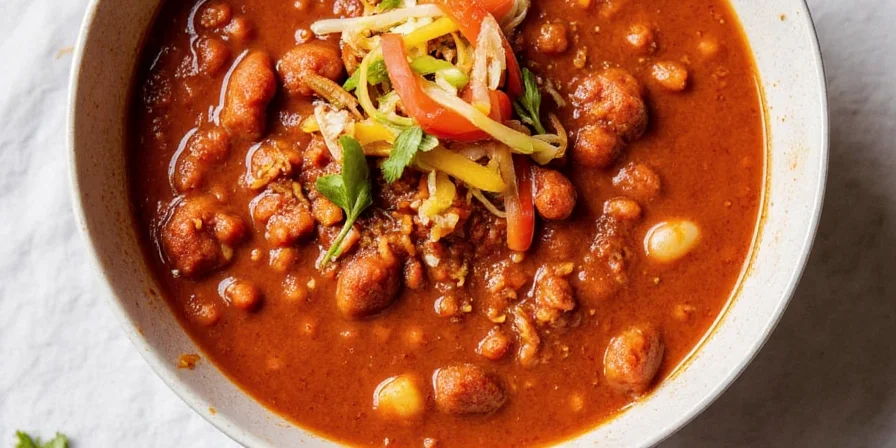
Infuse your chili with an exotic twist using these Indian staples. The warm, complex flavors of garam masala blend beautifully with turmeric’s earthy brightness.
- Pro Tip: Don’t go overboard — use about 1 tsp total combined and mix well into the meat before simmering.
4. Chinese Five-Spice + Star Anise
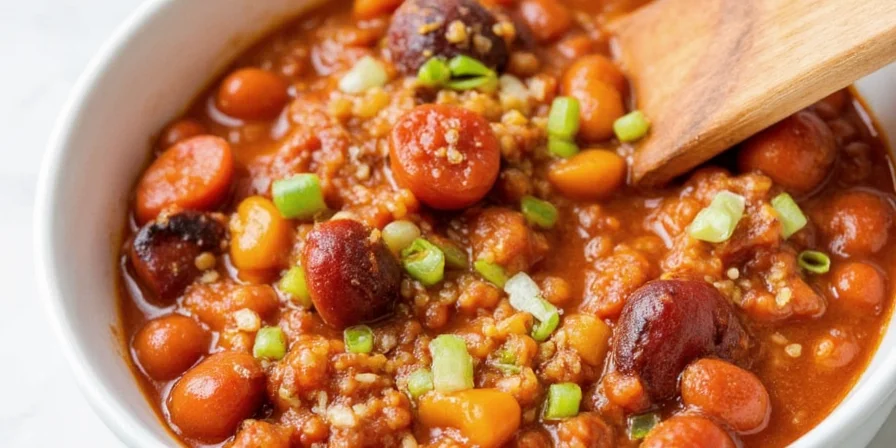
If you're feeling adventurous, this combination adds an aromatic complexity that elevates your chili from basic to brilliant. Think savory meets sweet with a hint of licorice.
- Pro Tip: Crush the star anise slightly and add it whole during simmering; remove before serving.
5. Sumac + Aleppo Pepper

A Levantine dream team! Sumac brings bright citrus notes while Aleppo pepper offers gentle heat and fruity undertones. This combo is perfect for those who want a little kick without burning off their taste buds.
- Pro Tip: Sprinkle both in at the very end for maximum impact.
6. Szechuan Peppercorns + Sesame Oil

This pairing gives your chili a tingling, numbing sensation followed by deep umami notes. Grind the peppercorns finely and add them early in the process; finish with a swirl of toasted sesame oil before serving.
- Pro Tip: Toast the peppercorns gently in a dry pan first for more intense aroma.
7. Za’atar + Crushed Coriander Seeds
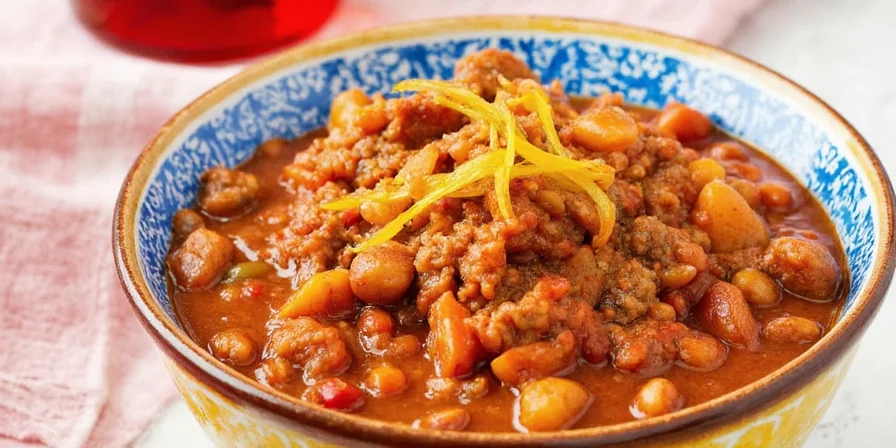
Za’atar brings a tangy, herbal punch while coriander adds a warm, nutty layer. Together, they create a Mediterranean vibe that plays well with traditional American-style chili.
- Pro Tip: Crush the coriander seeds manually or with a mortar and pestle for better texture and flavor release.
| Spice Pairing | Flavor Profile | Best For |
|---|---|---|
| Smoked Paprika + Cocoa Powder | Deep, rich, smoky | Classic chili lovers looking for depth |
| Cinnamon + Espresso Powder | Warm, robust, complex | Coffee lovers or gourmet chili fans |
| Garam Masala + Turmeric | Exotic, aromatic, earthy | Curry lovers or fusion foodies |
| Chinese Five-Spice + Star Anise | Savory-sweet, aromatic | Adventurous palates or Asian-inspired chili |
| Sumac + Aleppo Pepper | Bright, citrusy, mild heat | Those who prefer nuanced spiciness |
| Szechuan Peppercorns + Sesame Oil | Tingly, nutty, umami | Heat-seekers and umami lovers |
| Za’atar + Crushed Coriander Seeds | Herbaceous, tangy, nutty | Mediterranean cuisine fans |
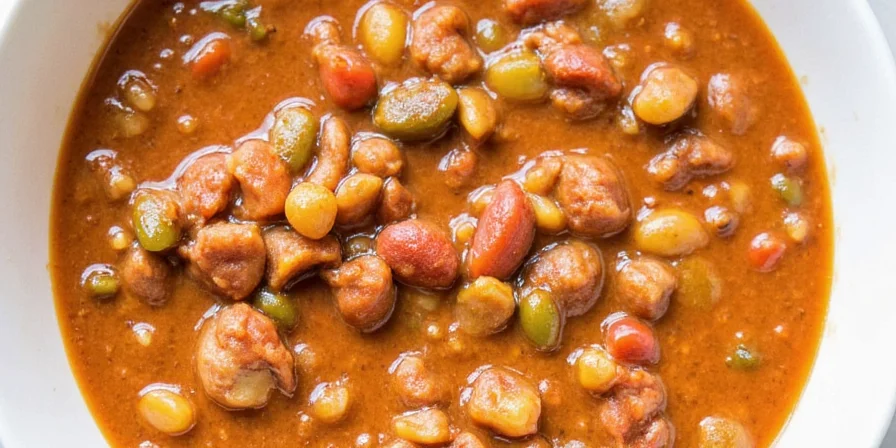
Pro Tips & Tricks for Perfect Chili Every Time
Spices are important, but technique matters too. Here are a few pro-level tricks to ensure your chili hits all the right notes:
- Brown the meat thoroughly: Don’t rush this step! Browning builds flavor through the Maillard reaction. Take your time.
- Toast your spices first: Dry-toasting whole spices enhances their aroma. Just be careful not to burn them.
- Liquid control is key: If your chili gets too thick, add a splash of broth. Too thin? Simmer longer to reduce.
- Add acid at the end: A squeeze of lime juice or splash of vinegar can brighten up the entire dish.
- Resting time matters: Letting chili sit overnight allows flavors to meld. If possible, make it ahead!
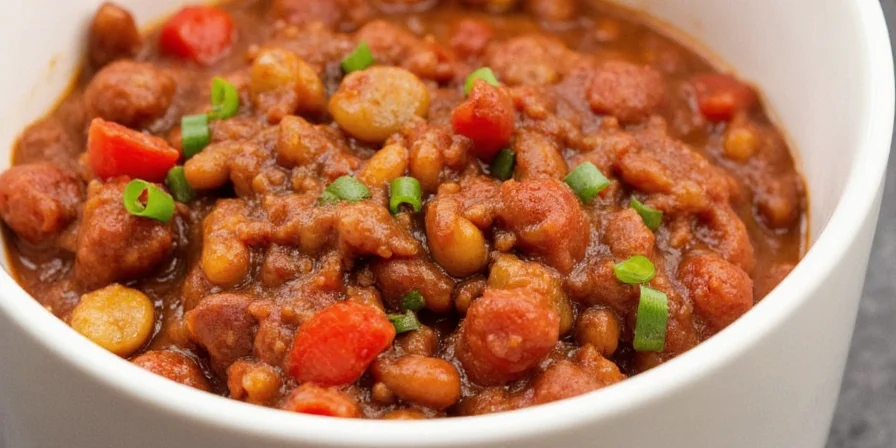
The Science Behind Great Spice Combinations
Believe it or not, there's actual science behind why certain spices work well together. Food scientists study flavor compounds called volatile aromatics, which contribute to our perception of taste. Spices that share similar chemical profiles tend to complement each other — hence the success of some seemingly random pairings.
- For example, cinnamon and coffee share several common aromatic compounds, explaining why the “Cinnamon + Espresso Powder” combo works so well.
- Similarly, sumac and lemon both contain citric acid, making sumac a great match for dishes that need a tart lift — like chili!
So next time someone says you’re being too experimental, tell them you’re simply applying chemistry in the kitchen.
Conclusion: Elevate Your Dog Game
Making homemade hotdog chili doesn’t have to be boring or predictable. With the right spice pairings, a humble pot of chili can become a culinary adventure full of surprising twists and mouthwatering flavors.
Whether you lean toward the smoky depths of smoked paprika and cocoa powder or the tongue-tingling zing of Szechuan peppercorns, there’s a combo here for everyone. So grab your spices, get creative, and let your taste buds lead the way.
And remember — the best part of chili isn’t just eating it. It’s knowing you made it yourself, and made it uniquely yours.
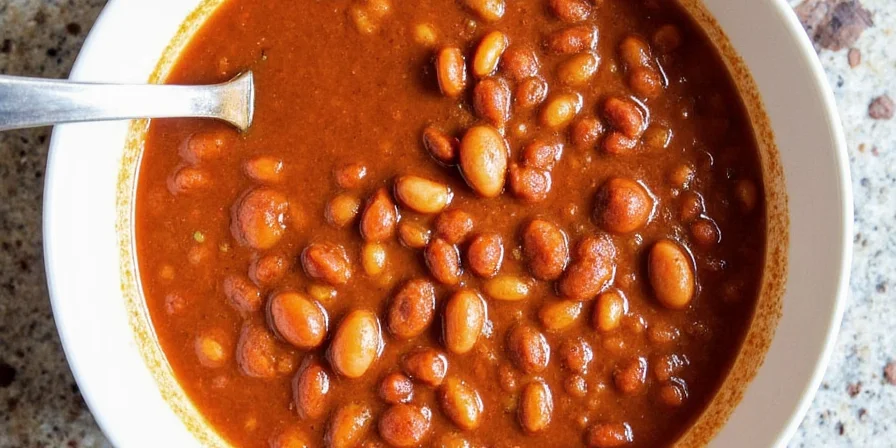











 浙公网安备
33010002000092号
浙公网安备
33010002000092号 浙B2-20120091-4
浙B2-20120091-4